Coaching news
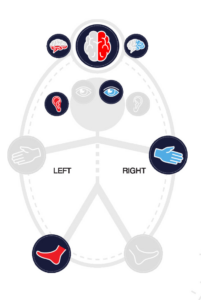
Enhance self-awareness with Mind Dynamix
Enhance self-awareness with Mind Dynamix® and Mind Moves Imagine this: you have a coachee who keeps getting stuck in perfectionism.

Flash coaching for coaches
Flash coaching: your shortcut to growth Coaching is a wonderful profession, but let’s be honest—not everyone is immediately open to

Motivational Coaching for adolescents and students
How to unlock the key to motivation as a coach Motivational Coaching for Adolescents and Students. You’ve likely experienced
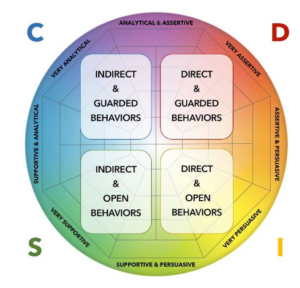
4 Professional Psychometric tests
Discover the power of psychometric tests for coaching and HR Do you want to increase your impact as a coach

Women’s day and personal development
International Women’s Day: celebrate growth and strength Today, we celebrate Women’s Day and personal development, a day dedicated to strength,
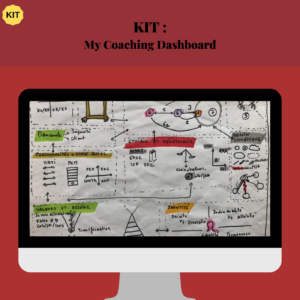
Coaching Dashboard
Stay in control of your coaching sessions with a coaching dashboard Coaching is about transformation—not just for the coachee, but

effective facilitation techniques
Transform resistance into engagement with effective facilitation techniques Guiding individuals and teams can be complex and challenging. How do you

Psychological Safety in Business
Creating psychological safety in companies: how you can make an impact as a coach Psychological safety is a powerful tool

Valentine’s Day
Valentine’s Day and the power of love coaching: how you as a coach can transform romantic relationships Valentine’s Day is

3 brains certification program
Why do clients keep getting stuck, even when they know what to do? You’ve probably seen it happen: a client

Business coaching for performance issues
Business coaching for performance issues: from obstacles to growth Performing under pressure is not always a given. As a
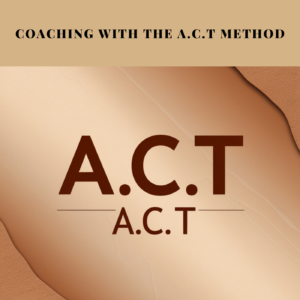
Ready to use ACT?
Are you ready to embark on a journey of discovery? What if you stopped struggling against painful thoughts and emotions
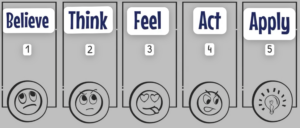
Discover the BTFA™ model change
Transform lives with brain-based coaching: discover the BTFA™ model Change. It sounds so simple, yet why does it often
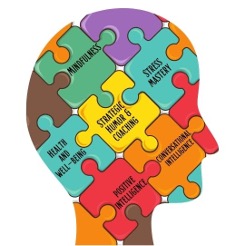
Why humor should be taken seriously by coaches
Why humor should be taken seriously by coaches Let’s call it what it is: humor in coaching. For many coaches,

Subscription offer
My Coaching Toolkit subscriptions are officially live! Whether you’re kickstarting your journey, refining your skills, or scaling your coaching business,

ICF and EMCC certified coach Level 1 and 2
How an International Coaching Certification can elevate your practice In the fast-paced world of coaching, standing out is crucial. Clients
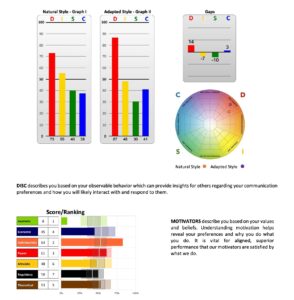
DISC & MOTIVATORS
DISC & MOTIVATORS how the make the difference. In this article, we explore the DISC® analysis from a different

Coaching high performing teams
Managing high-performing teams: A workshop kit for coaches who facilitate success Coaching high-performing teams starts with guiding managers to develop

Emotional intelligence coaching
Unleash the power of Emotional Intelligence coaching in your practice Are you looking to help your clients unlock their

Coaching with Artificial Intelligence and creativity
Push the Boundaries of Your Coaching with Artificial Intelligence and Creativity Coaching & Reflection with Art & AI As
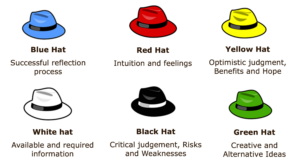
The Power of the “Six Thinking Hats” in Coaching
The “Six Thinking Hats” technique, developed by psychologist Edward de Bono, is an innovative tool that enhances thinking, problem-solving, and decision-making processes. For coaches, it offers a structured way to guide individuals or teams through complex challenges by encouraging diverse perspectives. This method helps clients explore new ideas, gain clarity, and develop well-rounded solutions.